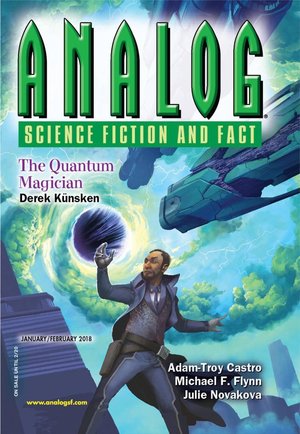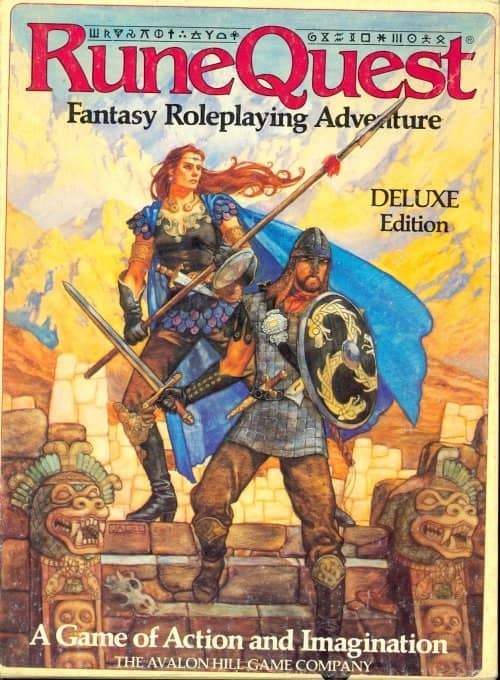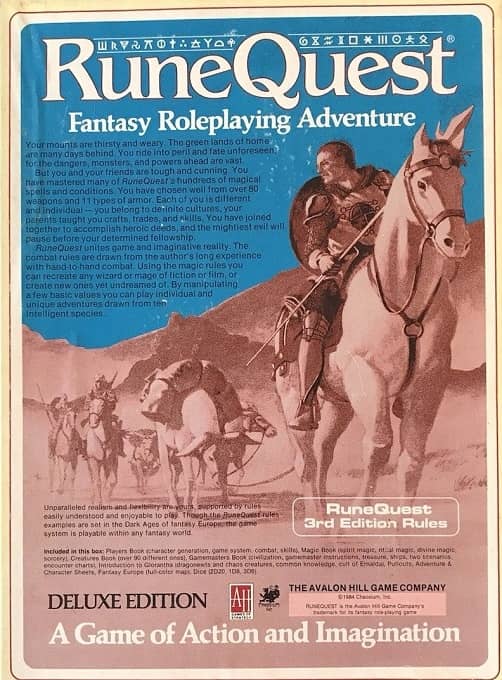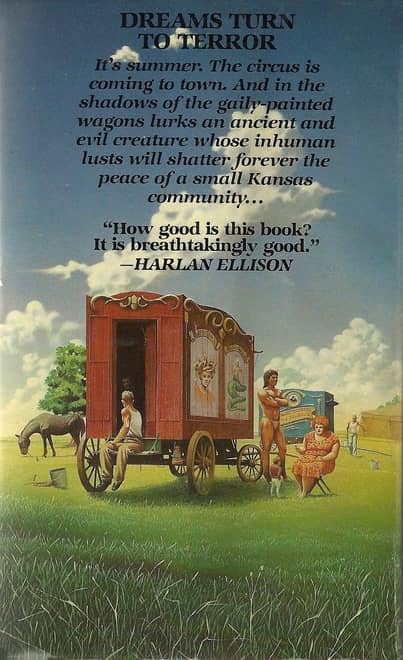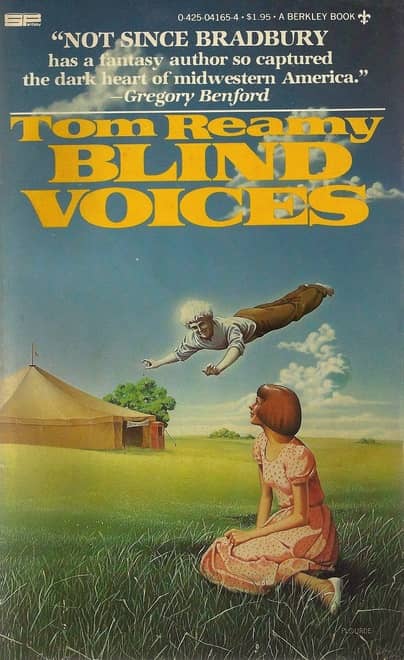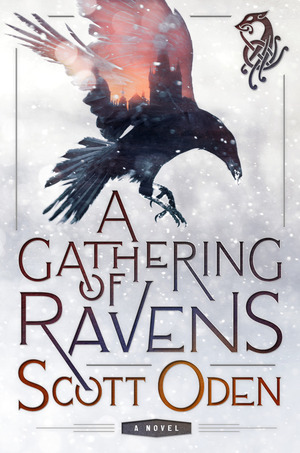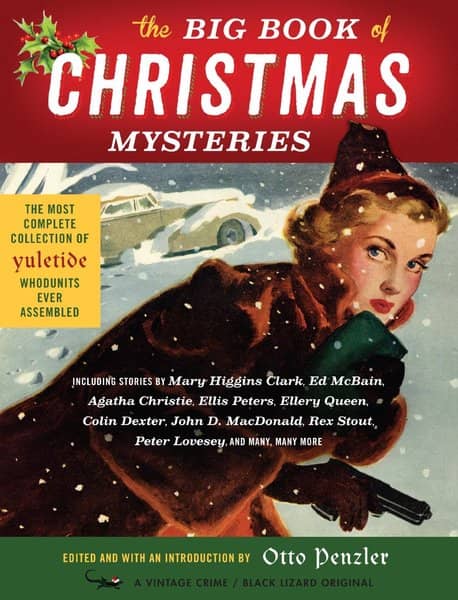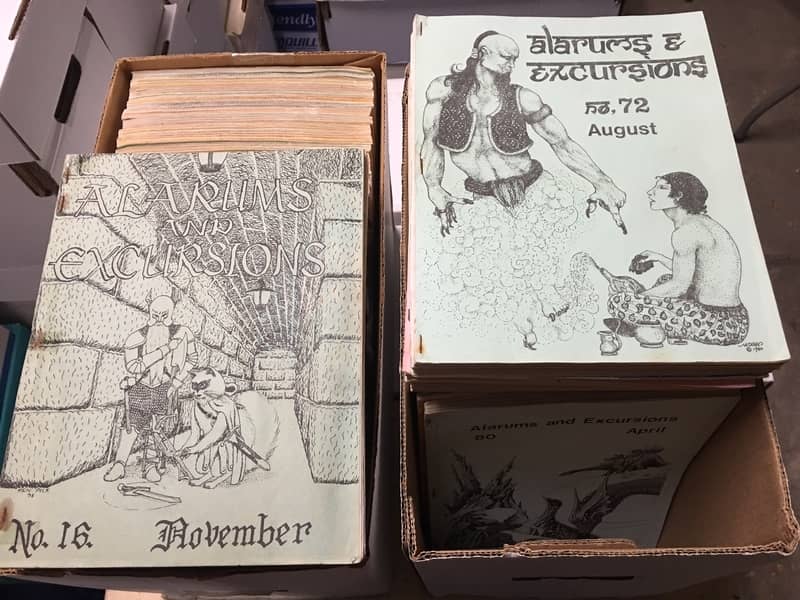Unbound Worlds on the Best Sci-fi and Fantasy Books of December
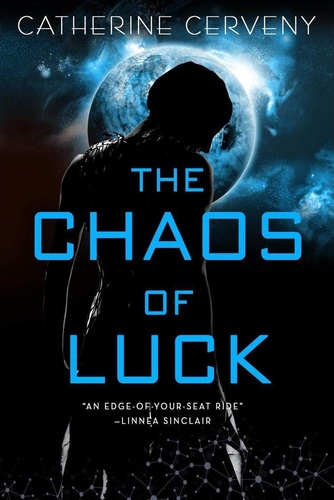 |
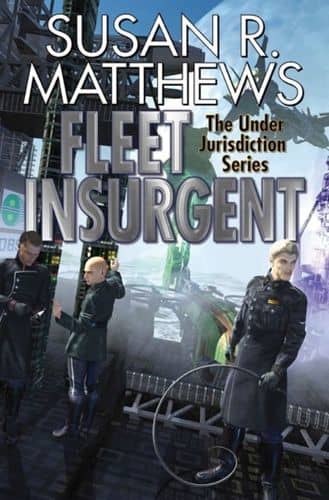 |
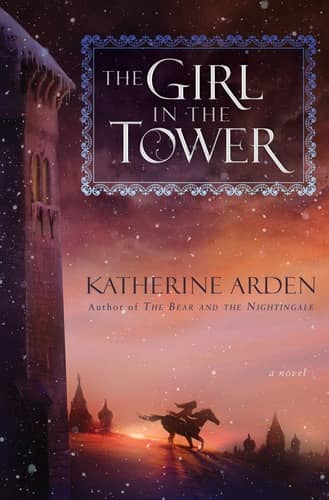 |
It that’s time of year again. You know what I’m talking about. That time when everyone and their grandmother publishes a Best of the Year list. Why do they do it? Why??
I’ll tell you why. Because we love them. We love Best of the Year lists, and probably always will. We’ve got a few days left until the end of the year, and we’ll cover as many of them as we can. Starting with Unbound Worlds and their Best Sci-fi and Fantasy Books of December 2017, written by Matt Stags.
The Chaos of Luck by Catherine Cerveny (Felicia Sevigny, Book 2; Orbit, 432 pages, $16, December 5, 2017)
A Brazilian tarot card reader and a Russian crime lord race to stop a conspiracy in this steamy science fiction adventure – the sequel to the exciting series that began with The Rule of Luck.
I completely missed the first Felicia Sevigny novel, The Rule of Luck, released last November from Orbit. I guess that means I have more to look forward to. This series about Brazilian tarot card reader Felicia Sevigny and Russian crime lord Alexei Petriv, the most dangerous man in the TriSystem, is set in the year 2950, after humanity has survived devastating climate shifts and four world wars. Petriv will trust only Felicia to read his cards, but the future she sees is dark indeed.

